Filter products
Hormones
Hormonal fluctuations can severely affect your well-being. Natural methods of hormone regulation, a balanced diet and a healthy lifestyle are key elements in keeping your hormones in balance. Vital substances and vitamins such as vitamin D3 play an important role in positively influencing your hormone balance. A conscious diet and the targeted use of these nutrients can help you to feel really good again.

- Highly concentrated & plant-based – 250 mg pure beta-sitosterol per capsule, from high-quality pine extract
- Natural & vegan – 100% plant-based phytosterols
- The power of plants for your daily intake
Content: 0.0277 Kilogramm (€898.92 / 1 Kilogramm)

- The medicinal mushroom for active days
- tradition meets modernity: Valued for centuries in East Asian culture
- Natural & high-quality: sustainably cultivated on a plant-based nutrient medium.
Content: 0.056 Kilogramm (€355.36 / 1 Kilogramm)

- The medicinal mushroom for active days
- Tradition meets modernity: valued for centuries in East Asian culture
- Natural & high quality: sustainably cultivated on a plant-based nutrient medium
Content: 0.169 Kilogramm (€30,710.06 / 100 Kilogramm)

- The medicinal mushroom for active days: 400 mg polysaccharides per daily dose
- Tradition meets modernity: valued for centuries in East Asian culture
- Natural & high quality: sustainably cultivated on plant-based nutrient medium
Content: 0.06 Kilogramm (€498.33 / 1 Kilogramm)
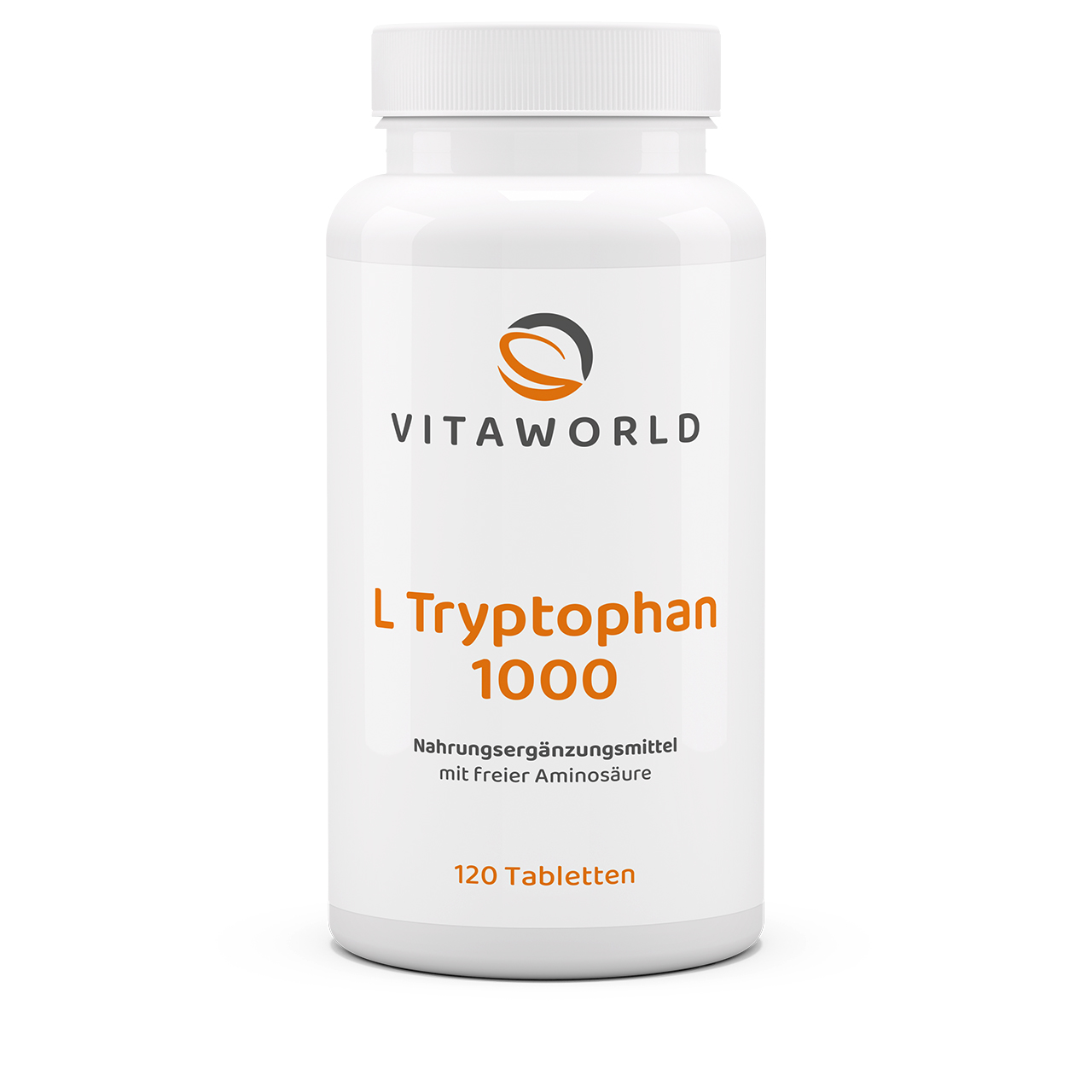
- High-dose natural L-tryptophan
- Essential component of a protein-rich diet – versatile
- Ideal for active days and relaxed evenings – natural and conscious supplementation
Content: 0.1454 Kilogramm (€171.25 / 1 Kilogramm)
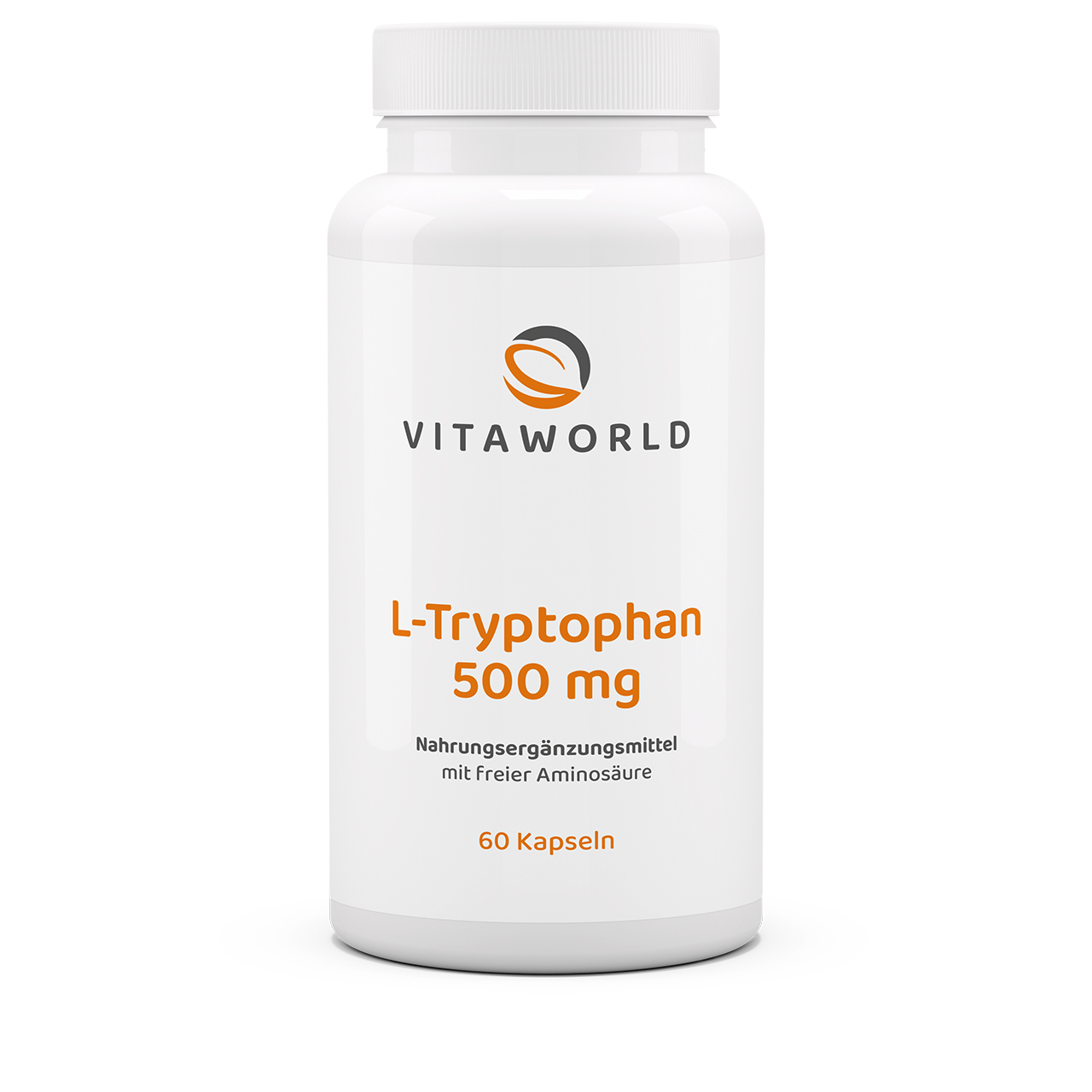
- 500 mg pure L-tryptophan per capsule – targeted supplement for everyday use
- Essential component of a protein-rich diet – versatile
- Ideal for active days and relaxed evenings – natural and conscious supplement
Content: 0.037 Kilogramm (€348.65 / 1 Kilogramm)
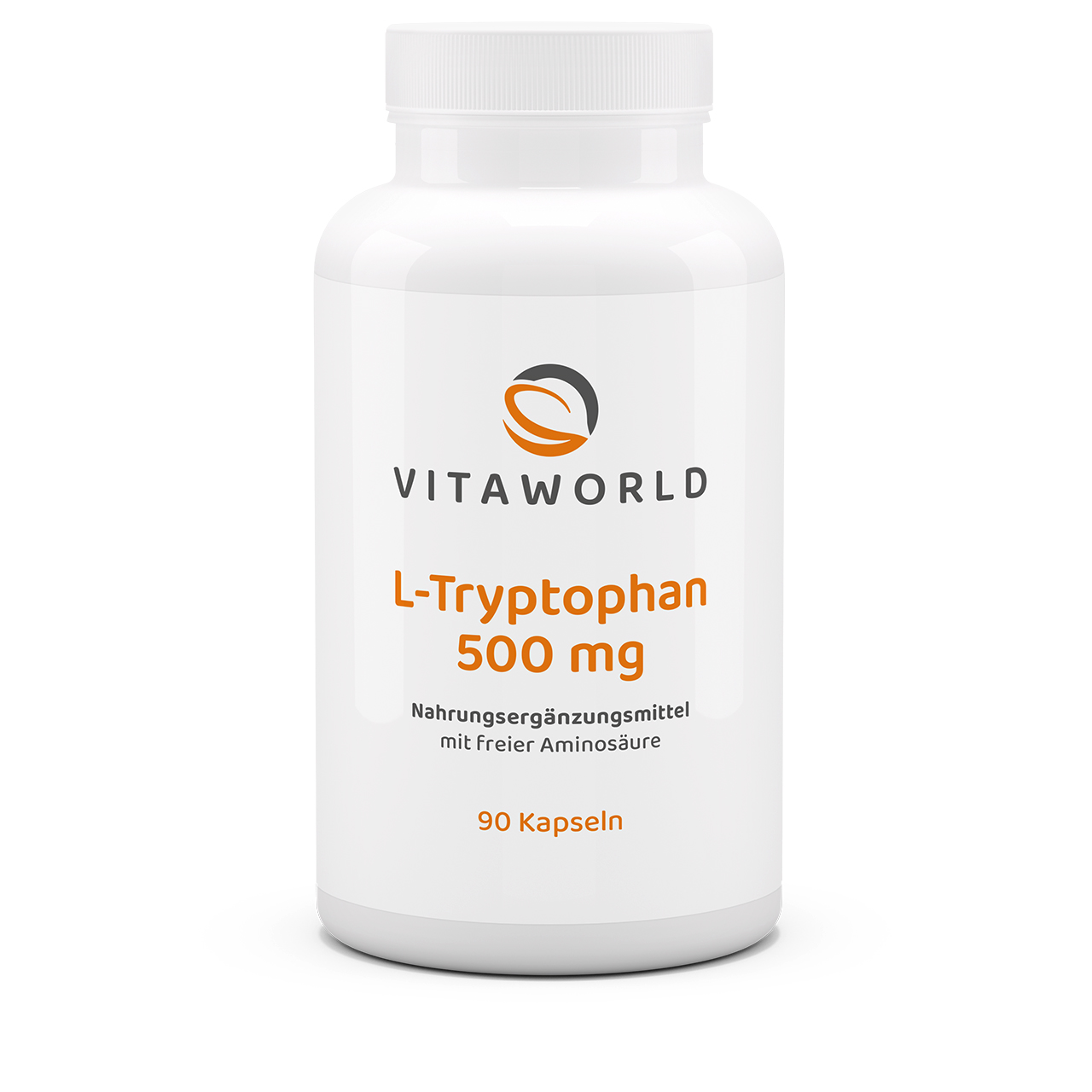
- 500 mg pure L-tryptophan per capsule – targeted supplement for everyday use
- Essential component of a protein-rich diet – versatile
- Ideal for active days and relaxed evenings – natural and conscious supplement
Content: 0.055 Kilogramm (€325.45 / 1 Kilogramm)

- Traditional companion for your inner balance
- With 100 mg polysaccharides – high-quality extract & carefully dosed
- Supports conscious living – naturally
Content: 0.062 Kilogramm (€320.97 / 1 Kilogramm)

- Traditional companion for your inner balance
- With 100 mg polysaccharides – high-quality extract & carefully dosed
- Supports conscious living – naturally
Content: 0.186 Kilogramm (€279.03 / 1 Kilogramm)

- Highly concentrated extract with 40% polysaccharides – 400 mg per daily dose
- Traditionally known as the ‘mushroom of immortality’
- Extracted from the glossy ganoderma mushroom – powerful & proven
Content: 0.0618 Kilogramm (€483.82 / 1 Kilogramm)

- Highly concentrated reishi extract per capsule – standardised & rich in active ingredients
- Valued for thousands of years – also known as the ‘mushroom of immortality’
- Tradition meets mindfulness – gently supplements during periods of physical stress
Content: 0.062 Kilogramm (€320.97 / 1 Kilogramm)

- Highly concentrated reishi extract per capsule – standardised & rich in active ingredients
- Valued for thousands of years – also known as the ‘mushroom of immortality’
- Tradition meets mindfulness – gently supplements during periods of physical stress
Content: 0.186 Kilogramm (€279.03 / 1 Kilogramm)

- Organic certified medicinal mushroom powder – 500 mg finely ground reishi per capsule
- Valued for thousands of years – also known as the ‘mushroom of immortality’
- Tradition meets mindfulness – gently supplements during periods of physical stress
Content: 0.0744 Kilogramm (€294.35 / 1 Kilogramm)

- Powerful plant combination for men in midlife
- Aaw palmetto, pumpkin seed & nettle – traditionally valued for male well-being
- With 300 mg vitamin C – for your immune system and to protect cells
Content: 0.0362 Kilogramm (€466.85 / 1 Kilogramm)

- 500 mg powerful tribulus extract with high saponin content
- For men who want to consciously support their natural strength
- Natural support during active phases of life
Content: 0.062 Kilogramm (€208.06 / 1 Kilogramm)
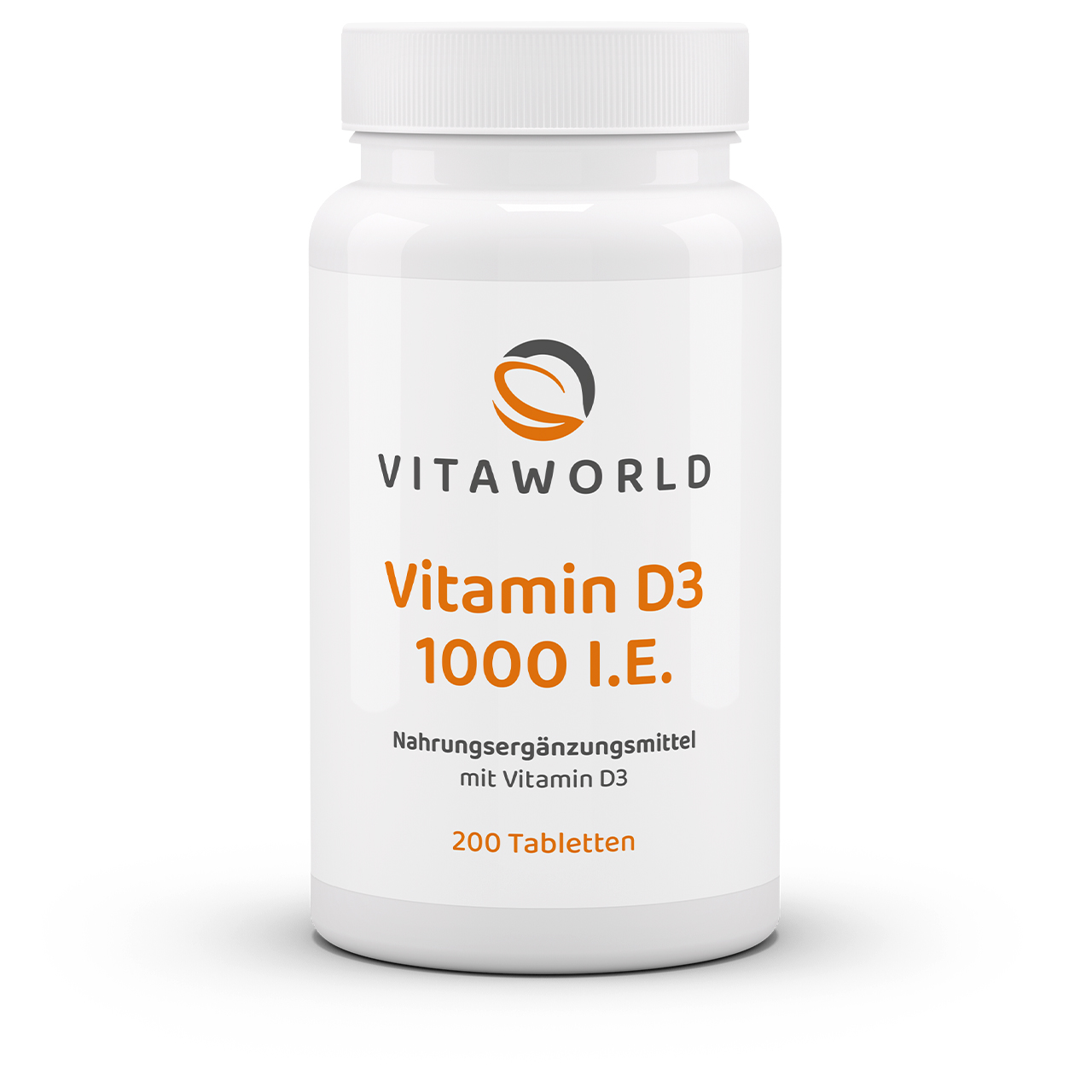
- Small, easy-to-dose tablets – ideal for daily use
- Contributes to maintaining normal bones, muscles and the immune system
- The sun vitamin – valuable during periods of low light
Content: 0.0276 Kilogramm (€322.46 / 1 Kilogramm)

- Practical dosage – ideal for your daily vitamin D routine
- Contributes to the maintenance of normal bones, muscles and the immune system
- The sun vitamin – valuable in times of low light
Content: 0.028 Kilogramm (€389.29 / 1 Kilogramm)
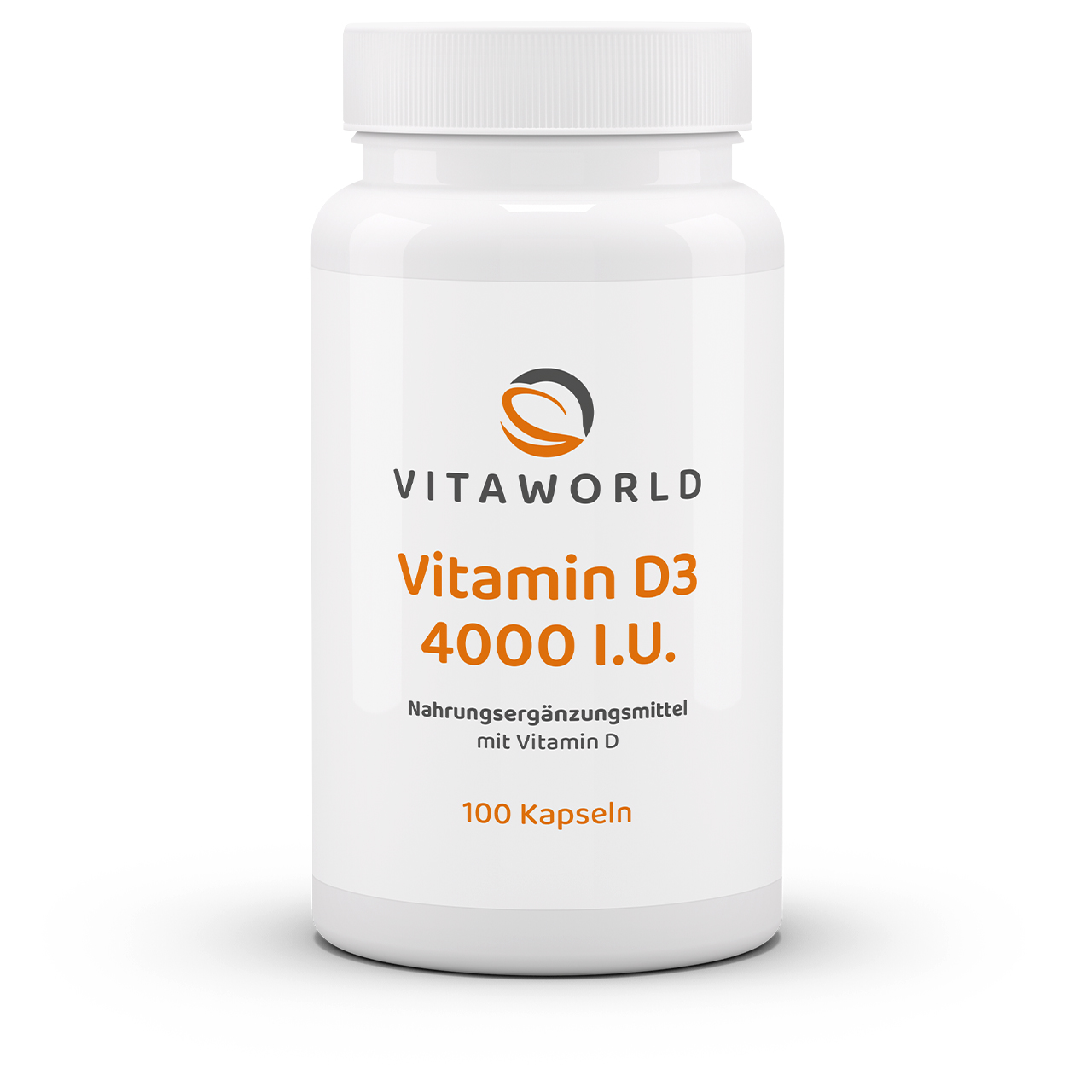
- Practical dosage – ideal for your daily vitamin D routine
- Contributes to the maintenance of normal bones, muscles and the immune system
- The sun vitamin – valuable in times of low light
Content: 0.0215 Kilogramm (€693.02 / 1 Kilogramm)

- Liquid D3 in MCT oil – easily absorbed & neutral taste
- Individually dosable – flexible for everyday use
- Coconut-based MCT oil – neutral taste & easily digestible
Content: 0.05 Liter (€398.00 / 1 Liter)

- Fresh energy for spring – with B vitamins & magnesium
- D3, zinc & selenium – for the immune system & renewed vitality
- Less fatigue, more energy – with vitamin B12
Content: 0.2647 Kilogramm (€218.74 / 1 Kilogramm)

- 500 mg extract from Mexican wild yam – with 100 mg diosgenin
- Gentle support for women in new phases of life
- Natural plant power – traditionally valued
Content: 0.0372 Kilogramm (€319.89 / 1 Kilogramm)
